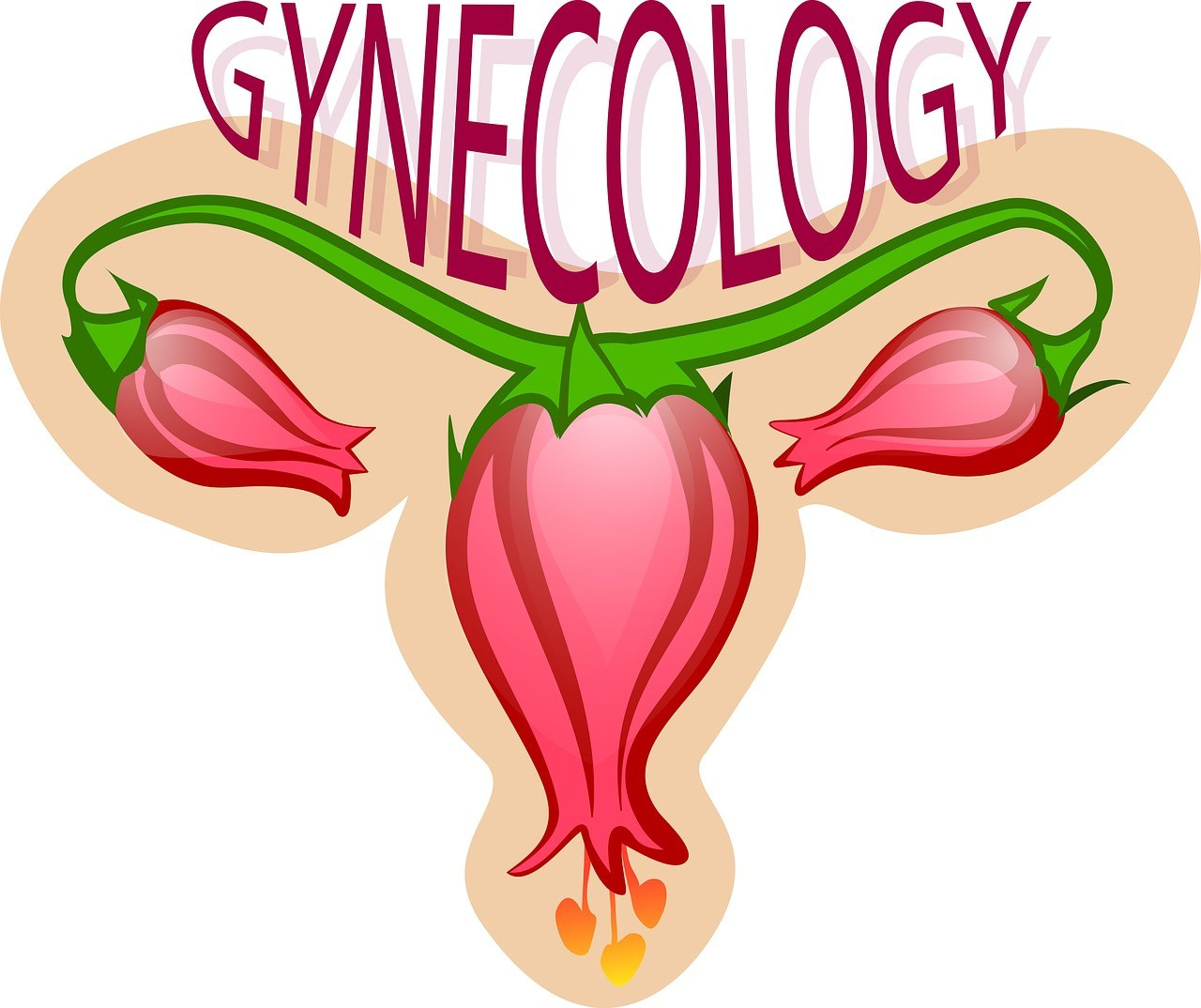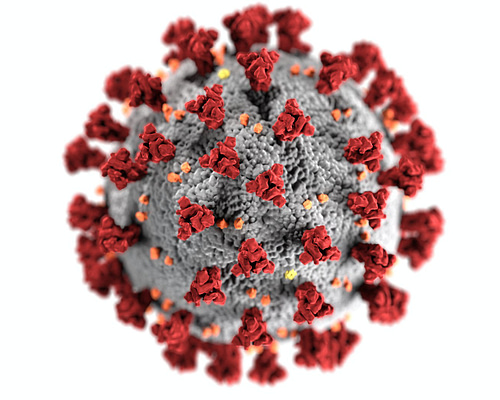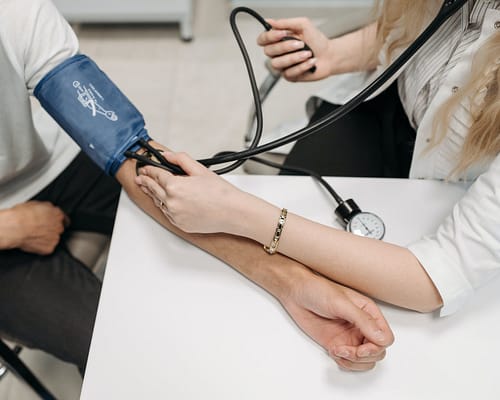
Common Conditions Affecting Women’s Reproductive Health
- Respectful relation
- Access to accurate information about reproductive rights
- Methods of contraception
- Support services regarding family planning
- Birth control methods
Women’s Reproductive Health
Reproductive health is a broad subject, especially when it comes to women. There are many factors associated with women’s reproductive health and undergoes various complex stages right from menarche (start of the monthly menstrual cycle) into menopause (the end of the menopause). It is very delicate, and it is essential to take care of its health to avoid health problems. Proper care and preconception health both in females during childbearing age helps prevent women infertility.
Here in this article, we discuss the most common reproductive diseases in women.
Sexual Health
Reproductive health emphasis on the safe, satisfying, responsible and consensual sex life or the ability to reproduce according to a women’s free will. Another meaning of this is to make people informed and aware about safe and method of sexual health. We can do this by giving education about medicines, knowledge about sex, pregnancy and safe childbirth in women. These educational programs stress the need for a healthy reproductive life for women herself as well as the best reproductive health services to have a healthy baby.
There are heart-breaking realities in various countries, especially the third world countries about health service inequalities among individuals. We can base these inequalities on racism, socioeconomic positioning, religion, ethnicity, etc. In most of the cases, the sexual health services are not available to people of the low-income class, which leads to a social disturbance as well along with health problems. Lack of proper education is the second most prevailing fact, which leads to ignorance in communities about what is reproductive health, its importance and its effects on future generations.
Infertility
Infertility is the term used for women the reproductive problem, when not able to get pregnant for a whole year even after trying. Infertility also covers the women that are used to get pregnant, but the pregnancy cannot complete the term.
Various reasons for infertility are endometriosis, fibroids, cysts, etc. The problem can be curable with medical help by determining the underlying cause.
Endometriosis
Endometriosis is the inflammatory disease of the uterus. The problem arises when the tissues similar in structure to the uterine tissues start growing in areas (ovaries, fallopian tubes, bladder) other than uterine lining. This condition becomes painful and can lead to women infertility. Women who have endometriosis have trouble with conception and chances are at least six times higher than fertile women.
In vivo, fertilization and surgery can improve the odds of pregnancy in these women.
Cervical Cancer
Cervical cancer is not a significant threat in young women. However, the disease caused by the human Papillomavirus (HPV) can be a severe threat. Cervical cancer can be diagnosed by pap smears and can be treated, but the treatment can cause infertility.
Uterine Fibroids
Uterine fibroids are a common non-cancerous tumour in women affecting the women of the childbearing age. Fibroids are muscle cells that grow in the surrounding areas of uterus. However, the exact cause of fibroid is still unknown, but the risk factor gets increased in Afro-Asian or obese women.
Symptoms of Uterine Fibroids
- Heavy bleeding during periods
- feeling of fullness in the lower abdomen
- Frequent Urination
- Pain while having sex
- Lower back pain
- Multiple miscarriages
- •Infertility
In many women, sometimes the symptoms are not severe, but it is advisable to have a check-up if falling in the same age group.
Interstitial Cystitis
It is an inflammatory disease of the bladder, causing recurrent discomfort or pain in the pelvic area. IC causes the inflammation, irritation and swelling in the walls of the bladder. Symptoms of IC are
- Abdominal discomfort
- A feeling of urgency in urination
- Intense Pelvic pressure
- Tenderness in the pelvic area
Polycystic Ovary Syndrome
Polycystic ovary syndrome is the formation of water-filled vesicles called cysts developing on the walls of ovaries because of production of abnormal male hormones by adrenal glands or ovaries of women. PCOS is more common overweight women, posing a higher risk of diabetes and heart problems.
Symptoms of PCOS
- Infertility
- Pelvic pain
- Excessive hair growth on the body
- Hair loss
- Acne
- Patches of dark skin
Sexually Transmitted Diseases
Most common sexually transmitted diseases are gonorrhoea and chlamydia. Antibacterial drugs are a treatment option for bacterial STDs, but viral STDs do not have any treatment. A reproductive infection can lead to problems like
- Infertility
- Blocked fallopian tubes
- Ectopic pregnancy
Use of condoms is an option for protection from getting STD when used during sex, but it is not 100% effective.
Sexual Violence
Sexual violence is a forced sexual activity involving force and without the consent of the women. Both genders can be a victim of this violence, but a more significant population of victims is female. Another kind of sexual abuse includes an abusive or forceful sexual act of a current or former partner.
Reproductive Health in Women of older age group
It is no secret that old age brings reproductive system problems. The most common among them are fewer chances of conceiving than women of younger age group. But the chances are still 82% even if you are older than 39 years. There are indeed natural and scientific methods to improve your chances of pregnancy.
Other problems associated are hysterectomy, periods problems, menopause and secondary dysmenorrhoea.
Human Immune Deficiency Virus (HIV)
Human immune deficiency virus attacks the specific cells of the immune system known as CD4 cells. The virus affects so many cells at one time, making the immune system and make the body more prone to disease attacks. Once the person becomes affected by HIV, the infection cannot be relieved, and it will remain there for the rest of life. Unfortunately, there is no cure for it. However, by giving proper care, the symptoms can be controlled.
HIV affects the immune system resulting in AIDS-the last stage of infection resulting from the severe disease caused to the immune system. Women are the most suffering group from HIV, mainly belonging to the Asian African and Black African ethnicity. Another group is of women who are sex workers and perform sex with infected people.
HIV infection is a dangerous problem when the infected person is a pregnant woman. All pregnant women should undergo an HIV test. There are preventive methods which can prevent the child of infected women from getting an infection during pregnancy, delivery and afterwards.
Hysterectomy
Uterine problems are common among women above the age of 60. Sometimes the issues may occur in young women resulting from an injury, accident or medical reasons.
Hysterectomy is the surgical procedure to remove the uterus, the cervix, fallopian tubes and ovaries.
Lifestyle
Ovulation problems, like those caused by POI or PCOS, are significant reasons for infertility. Lifestyle factors play a vital role in your reproductive health. Along with weight and age, other contributing factors are
- Smoking
- Excessive alcohol use
- Depression
- Stress
- Poor diet
Primary Ovary Insufficiency
In some women under the age of 40, ovaries do not work in a standard pattern. It means that you can stop having regular periods or absence of periods.
Women suffering from the problem have
- Mood swings
- Hot flashes
- Painful sex
- Hot flashes
Obesity
Obese women are at an increased risk of menstrual problems and anovulation. The risk of infertility, miscarriage, pregnancy complications, PCOS, etc. is raised in these women.
Female reproductive and sexual health plays a crucial part in general health and wellbeing of a woman. It is the fundamental right of women to have access to sexual healthcare facilities such as women health clinics, sexual health centres and other reproductive health services.
By improving lifestyle, hygiene and other contributing factors, you can bring an improvement in your reproductive health.





